Mariam: Being pregnant and holding down a demanding job can be incredibly stressful, but the difficulties in balancing career and motherhood begin even before pregnancy. I think the issues crop up as soon as Muslim women get married and start getting pressurized to have kids. Sumeera, do you agree?
Sumeera: I definitely agree that there is a societal pressure, both within the Pakistani American community and more broadly for women to have children. I was fortunate that I was 20 when I got married and the last thing either of our parents wanted was for us to have children! My husband and I knew we wouldn’t really be thinking about having children for a while and we were fortunate that both our parents supported our right to make that decision. I spent the first six years of my marriage finishing undergrad and then later going through law school. After that we moved to Istanbul where I had taken a fellowship with the International Finance Corporation. It wasn’t until we were back stateside that we considered starting our family.
Mariam: From the second month after I got married certain people began asking me if I had any “good news” to share. It went very quickly from being slightly awkward to being outright offensive. I had my eldest son Hamza three years after being married and by then there was already a perception that I’d been “delaying” having babies for the sake of my career. Amara, did you experience pressures like those?
Amara: I got married in Pakistan, where there is a perception that procreating is the ultimate way of proving your womanhood in a marriage. It’s common to expect women to get pregnant within the first year of marriage. However, my husband was always very supportive; we had decided we would hold off on having children till we had achieved ‘something’.
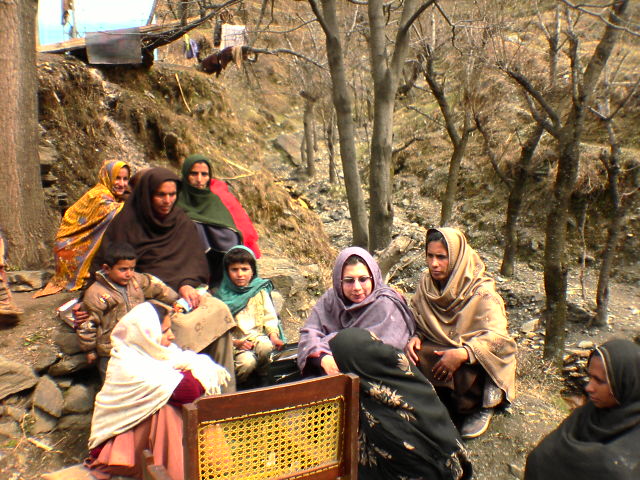 Amara Saeed, working in Pakistan
Amara Saeed, working in Pakistan
By profession I am a humanitarian and development sector specialist. I travel to remote locations, trekking in the mountains, camping in the desert, crossing rickety foot bridges over streams to reach communities that had received or needed aid. I would visit health units, schools, vocational centers for women in villages that have very limited access to the outside world. Making sure that these voices are heard at the policy level gave me an unmatched feeling of achievement. I was very aware though, as I continued in my job, that my work would be very difficult to conduct while pregnant.
The real pressure started five years later when we decided it was time to start planning a family, when I was 29. The pressure I felt was from within. We tried for about two years after which my medical reports began to reveal that conception may not come naturally to us.
As my fertility struggles continued, I felt like I had been cheated of my biological right as a woman, let down by my own body, and I was full of doubts about my decisions. I kept asking myself if this was my own doing? Should I have succumbed to pressures early on in my marriage and given up my career to focus on having children when I was younger?
Mariam: Sumeera, what about you?
Sumeera: Maybe it is because we are in DC and just about everyone who is here is working or ambitious or pushing back having children, but I didn’t feel that pressure at all. I think a way to insulate yourself from feeling that pressure is to be vocal about how that decision is between two partners and no one else gets a say in that. Full stop.
Mariam: At what point after getting married did you both decide to try IVF? What was the impact of that decision on your career paths?
Amara: It was about seven years after marriage that we decided to pursue IVF. My career had to be altered because the frequent doctor’s visits, daily injections, and the wait for results all meant I could not travel. Cutting out travel for months translated into saying ‘No’ to projects that came my way, an answer I had never given before. At this stage it did not bother me as much as it would have earlier because I was desperate to have a baby.
Sumeera: We had been married about nine years and been trying to conceive for about three years by the time we did IVF. We had already dealt with six IUIs and miscarriages so IVF seemed like the final step towards trying to have a biological child. I will say that during this time we were also pursuing adoption and that was a challenging and intense journey as well.
Sometimes there is judgment about pursuing IVF when there are so many children out there who need homes but the adoption process is not easy, cheap or without a great emotional toll. It was a bit nuts to be juggling the adoption process, IVF and work. There were days when I would get a blow from the fertility office and the adoption office on one day and it would feel truly devastating but I would have to put down the phone and walk into a conference room for a meeting. The decision didn’t impact my career path but it was a balancing act to be navigating all these issues in my personal life while still performing well at work.
Mariam: Did you ever find that people perceived your fertility issues to be tied with your decision to pursue a career?
Sumeera: Since I was relatively ‘young’ at 27 when we started pursuing fertility treatments, I didn’t get that feeling. I was lucky to have female mentors in my life who told me to not worry about planning my family around my career. Hearing this from women I respected and looked up to helped ease my fears about what sacrifices I would need to make to do well in my career. I was often told that if I did good work and worked at places that had good values, then there is always a way to make family and career work. I believe that my time, my talents and my contribution are all valuable and I only want to give them to causes that understand that value.
Amara: Yes always. In fact, during my down periods I myself would think so.
Mariam: How public were you about going through IVF?
Sumeera: I was pretty public about struggling to conceive and my close friends and our families knew we were doing IVF. It was wonderful to have that openness because I received a lot of needed support from my parents and in-laws. They would pray for me and after all the failed IUIs and first failed IVF, there was something very profound about hearing both my mother and mother-in-law say that it was ok to stop. Although the decision was always mine to make, knowing that they cared and saw me as a person and as not as a reproductive machine was very powerful. It may seem like a silly thing to write but when we look at the national discourse about women’s rights over their bodies, these are great statements of love and understanding.
Amara: Not public at all. Only my immediate family was involved in or aware of the whole process.
Mariam: Did you find a good support network while trying to balance infertility issues with your career?
Sumeera: This is the one area I am working on. With my first two IVFs, I was very private at work about everything because I didn’t want my bosses to know I was trying to have a baby. Funnily, I did talk about the adoption process and that kind of created a code in which I could talk about my longing for wanting to be a mother and how challenging that road was. I would take time away from the office for the adoption home studies and related interviews but I would carefully plan my fertility appointments for early in the morning or at lunch so I wouldn’t have to explain them.
During my most recent IVF I have been more open about what is going on and I have noticed that it has encouraged other women I work with to come talk to me about the process and even share their own stories. It’s nice to have someone in the office who has been where you are and I want to be supportive however I can. There is nothing worse than getting a call of a lost baby and crying alone in the cold, sterile work bathroom. I hope by talking more about it, I can at least prevent women around me from experiencing that very lonely and heartbreaking moment without support.
Amara: My husband is my strength. Without his support I would never have had my career or managed the emotional and physical challenges of IVF multiple times. Amazingly, after three failed cycles of IVF and my doctors telling me I was not ‘capable’ of having children, we miraculously had two beautiful and healthy children, conceived spontaneously: a boy and a girl, three-and-a-half years apart.
Mariam: What has your experience been since you had your children? Do you find that our communities have certain perceptions of children conceived through IVF?
Sumeera: My experience with the community has been really wonderful. When we went back to Michigan, where we are both from, I was completely overwhelmed with the love and support we were met with at a jummah prayer after we announced our pregnancy. So many people came up to me and hugged me and told me how much they had prayed and how happy they were that I was pregnant after our long journey. I know there is a certain fear of talking about infertility but in my experience, talking about it has been so empowering and it has shown me the well of love and support there is. After my daughter was born, I received so many lovely calls and emails of joy. The people I cared about knew how important this was for me and they shared our relief and happiness when our daughter arrived safely in the world. I am so grateful for all the prayers she received because we shared our story.
Amara: My career took a back seat after I had my children. People in our society still eye ‘IVF’ with suspicion primarily because there is not much awareness about it and it is categorized as an ‘unnatural’ process. To avoid long-drawn explanations and discussions we had decided not to talk about it to our wider circle. If nothing else, that helped me retain my sanity!
Mariam: Was there pressure on either of you to quit your jobs after having children through IVF?
Sumeera: This wasn’t an issue for me. I worked hard to find a job that would put me in a position to have that elusive ‘balance’. For me, that means having a job that I can leave at 5 or 6. This gives me enough time to go home and play with my daughter, have a sit down dinner with my husband and have time to myself. I generally love going to work and having that time to engage in the work I spent so much time training for and to miss my daughter. When I see her at the end of the day, it is such a wonderful feeling to come home to. I love her home daycare where she is so loved and has a great group of kids to play and interact with each day. It helps so much to know she is in good care.
Sumeera Younis and family
Amara: Yes, all the time. Because I struggled so hard with this process, and my children were both born ‘naturally’, against all the odds, I consider them a shower of blessings from Allah, and the whole experience has made me so grateful for them. Having already worked for ten years, I felt that had invested ample time and energy in my career and did not really mind focusing on my children. However, I continued to work until I had to leave Pakistan and my support system to move to Dubai. After about two years of a career break I feel the urge to go back to who I am. Yet, I am who I am because of my children. It’s a myriad of feelings that I am yet to sort out!
Mariam: What advice would you give to young women going through the challenge of balancing careers, family expectations, and infertility issues?
Sumeera: I would say, first of all know what you want. Until you define what that is, you can’t start taking the steps to attain that reality. Then, don’t be hard on yourself about what you want. If you don’t want children, THAT IS OK. I can’t stress that enough. You have no duty or obligation to this world to procreate. It is not a reflection of your worth or your value. Period.
If you want kids but want to focus more on your career, THAT IS OK. But do make sure you have a good understanding with your husband about who will be taking care of the kids, whether it be the partner or another caregiver. Children deserve love and nourishment and that can come from many, many places but there should be a plan about how that will be achieved. Although there are conventional paths or the paths we thought our life might take, each path in life has its own capacity for infinite beauty. The best part about dealing with infertility has been letting go of an idea of how or what I want my life to be and to learn to see that it is already everything I want or need.
Amara: It’s a challenge alright! But women are way more powerful than the challenges. Our children, our spouses, homes, extended families, careers, social circles, are all facets of our existence. It is imperative to acknowledge and appreciate our capacities and capabilities to balance our families, professions and social responsibilities. Challenges such as infertility need to be taken as yet another facet of being a woman. I am a woman; I am what I am because of my dreams, my realities, expectations from me and challenges I face. This is the core of what I have drawn from my 20 yearlong balancing act between my professional and personal lives.
[separator type=”thin”]
[columns_row width=”third”]
[column]Mariam Ahmed is a regulatory lawyer. Raised in the U.S, Mariam moved from a law firm in the U.S. to work at a futures exchange in Dubai, where she is currently the Head of Compliance & Risk. Mariam and her husband, Haroon, have two little boys, Hamza (8) and Maaz (5).[/column]
[column]Sumeera Younis is an investment management lawyer in Washington D.C. Sumeera and her husband Feraz have one daughter Nouri (10 months).[/column]
[column]Amara Saeed is a development sector professional. Born and raised in Pakistan, she dedicated her professional life to working with the non-governmental sector to work on the issues and concerns of marginalized communities in the rural areas of Pakistan. She is currently based in Dubai and is stay-home-mom to her two kids Adam (9) and Baran (3).[/column]
[/columns_row]
[separator type=”thick”]For more pieces engaging the conversation on womanhood and the decision to have kids (or not), explore the following beautifully expressed articles by women of the altM community:
On being a woman without children: Advice to Mothers and Others Part 1 and Part 2

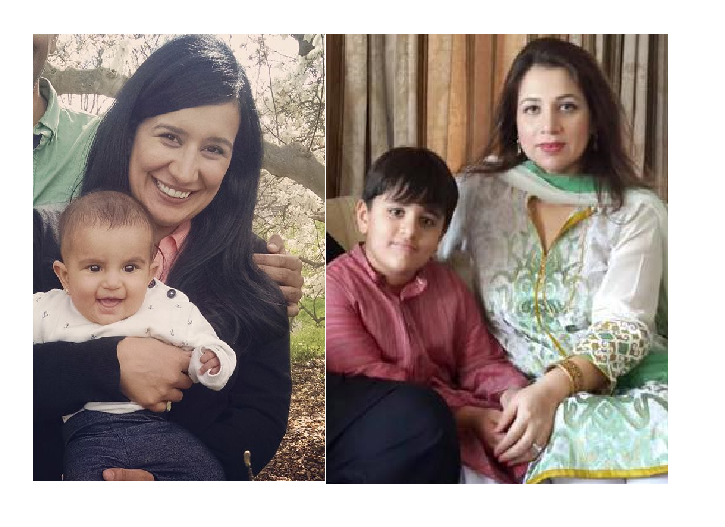
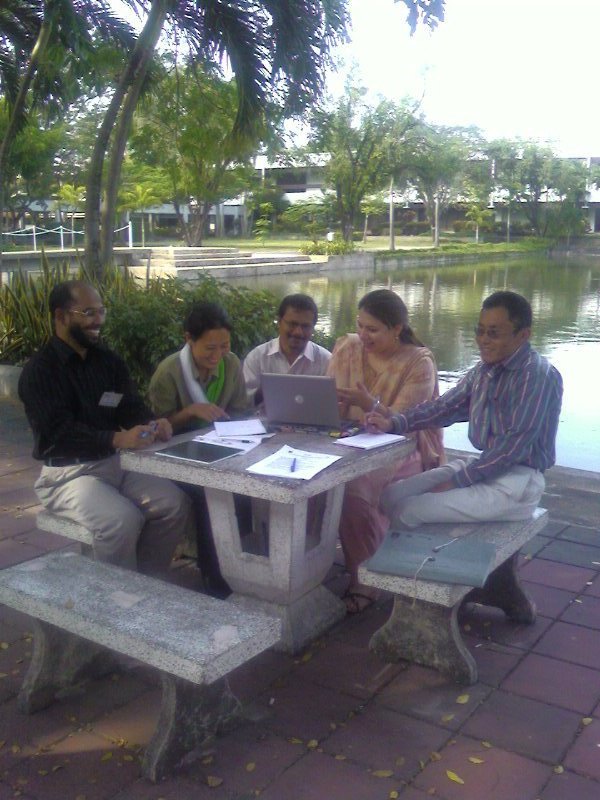
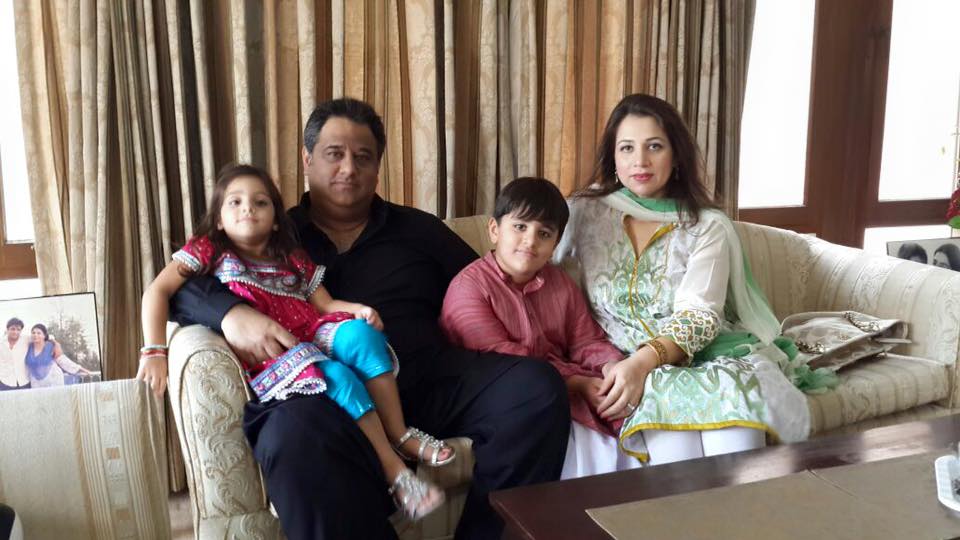
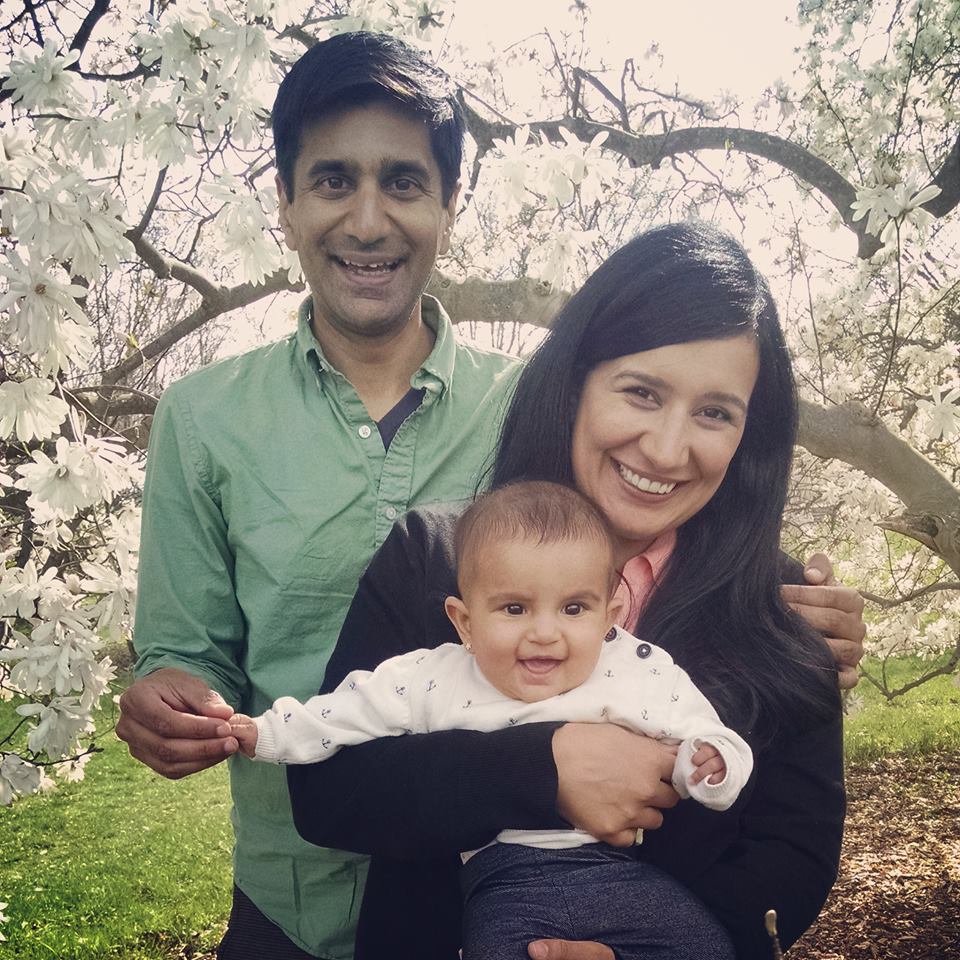

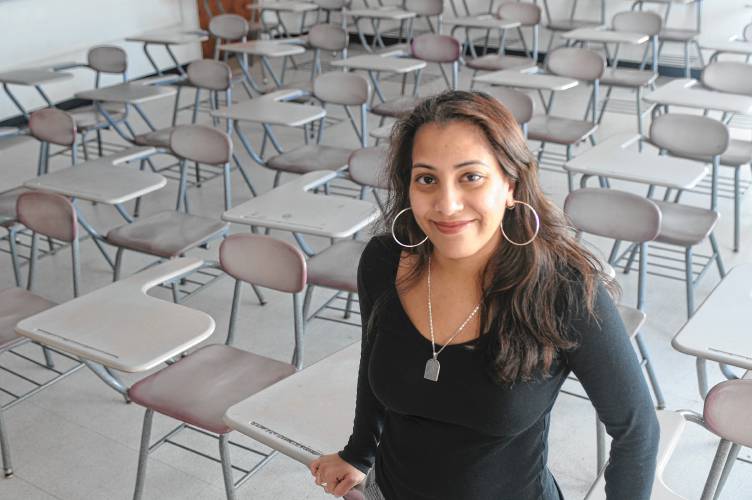

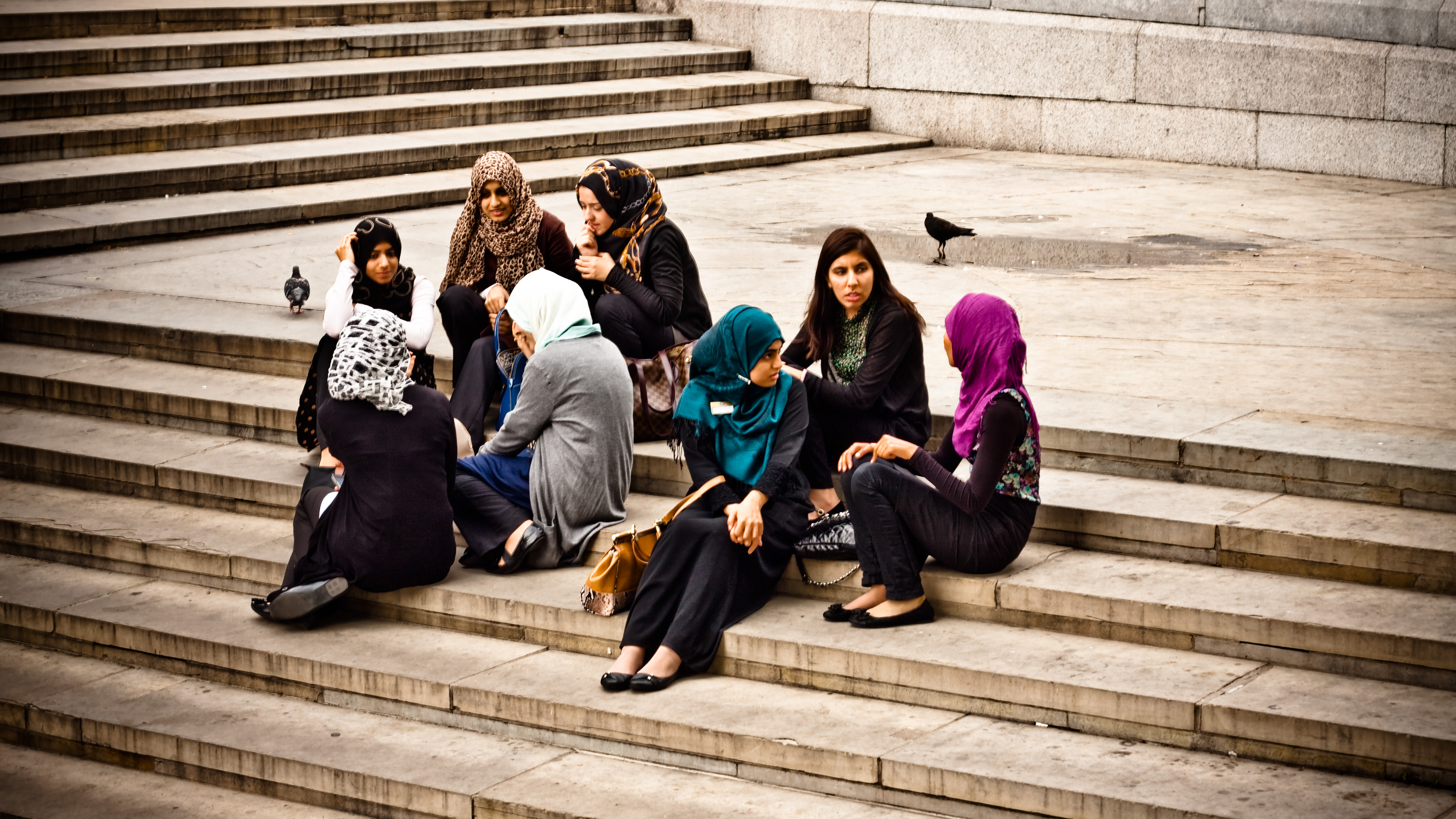
Why are all these posts so south-asian-centric? As if we were the first generation of muslim women to deal with balancing work and family?
Sumsum – thanks for your observation, and you are right! While we have featured diverse voices in our broader altMommy section
See:
http://www.altmuslimah.com/category/altmommy/page/6/
http://www.altmuslimah.com/category/altmommy/page/7/
We definitely need to incorporate those diverse voices in our Working Mom Series, too. We’re on it!
i was unable to bear children and i discover a testimony through the internet and now i am happy because on facebook i found the man who help me for good and now am eight months pregnant and he told me that antelope give birth without losing a child, on facebook (Oduduwa Ajakaye)